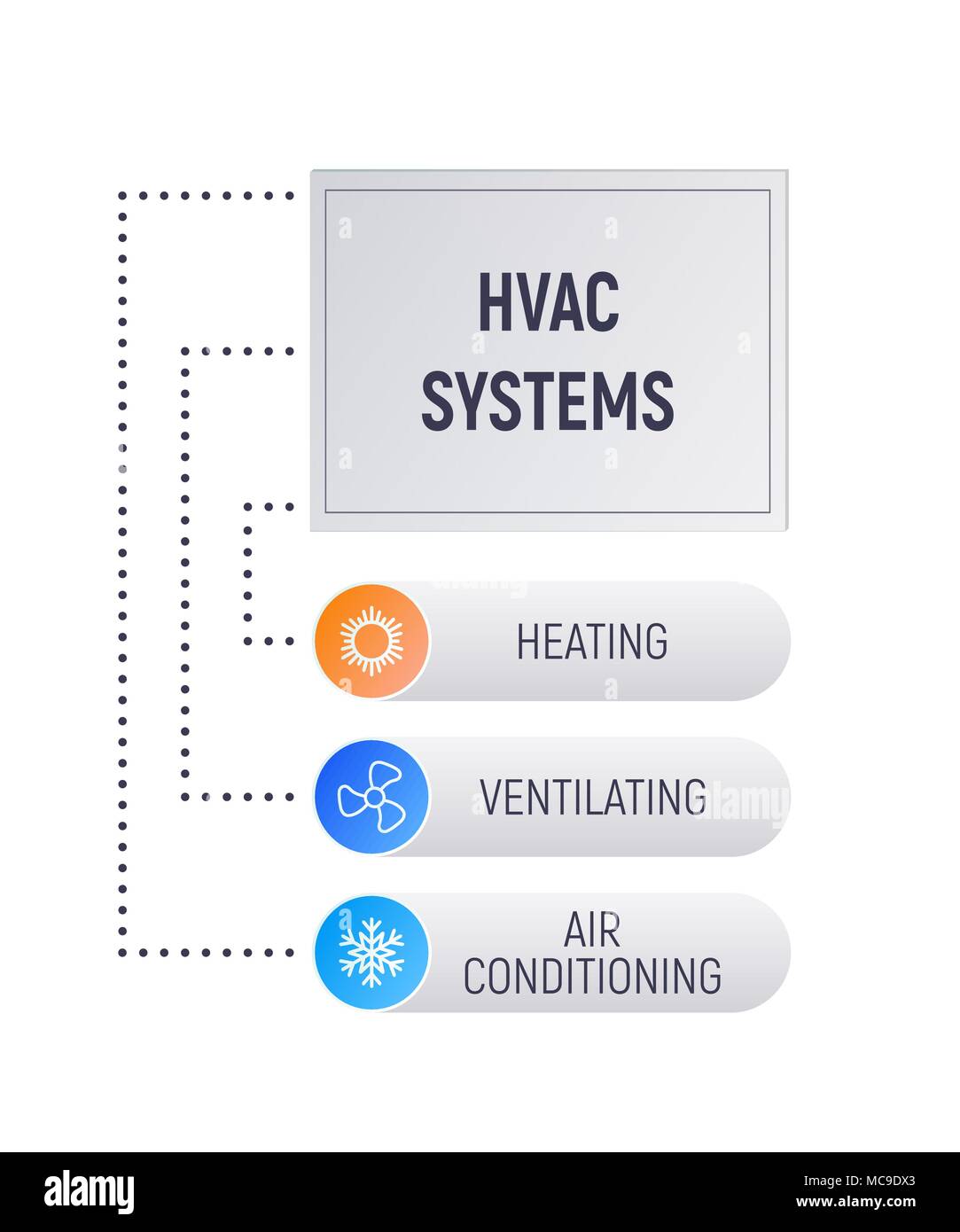The Future Of Home Home Heating - How Heatpump Innovation Is Progressing
The Future Of Home Home Heating - How Heatpump Innovation Is Progressing
Blog Article
Author-Marshall MacGregor
Heat pumps will certainly be an essential modern technology for decarbonising home heating. In a scenario constant with federal governments' revealed energy and environment commitments, their worldwide ability increases by 2030, while their share in home heating rises to one-quarter.
They function best in well-insulated homes and depend on electricity, which can be provided from a renewable power grid. Technological breakthroughs are making them much more reliable, smarter and cheaper.
Gas Cells
Heatpump utilize a compressor, refrigerant, coils and followers to move the air and warm in homes and home appliances. They can be powered by solar power or electrical energy from the grid. They have actually been getting appeal because of their inexpensive, silent operation and the capacity to create electrical energy throughout peak power demand.
Some companies, like IdaTech and BG MicroGen, are servicing fuel cells for home heating. These microgenerators can change a gas central heating boiler and produce some of a home's electric needs with a connection to the electrical energy grid for the rest.
Yet there are reasons to be skeptical of using hydrogen for home heating, Rosenow states. It would be costly and inefficient compared to other modern technologies, and it would certainly include in carbon exhausts.
Smart and Connected Technologies
Smart home technology allows property owners to attach and control their tools from another location with the use of smartphone applications. For instance, clever thermostats can discover your home heating choices and immediately adjust to enhance energy usage. Smart illumination systems can be regulated with voice commands and instantly switch off lights when you leave the room, minimizing power waste. And smart plugs can keep an eye on and manage your electrical use, enabling you to identify and restrict energy-hungry appliances.
The tech-savvy family shown in Carina's meeting is an excellent illustration of exactly how owners reconfigure space home heating methods in the light of new wise home modern technologies. They count on the tools' computerized features to execute daily adjustments and concern them as a practical ways of conducting their home heating practices. Because of this, they see no reason to adapt their techniques better in order to enable versatility in their home energy need, and treatments focusing on doing so may deal with resistance from these families.
Electrical energy
Considering that heating homes represent 13% of US exhausts, a button to cleaner choices might make a huge distinction. However the modern technology deals with obstacles: It's pricey and needs extensive home restorations. And cheapest heat pump nz 's not always compatible with renewable energy sources, such as solar and wind.
Until just recently, electric heatpump were as well pricey to take on gas models in the majority of markets. But brand-new technologies in layout and materials are making them much more cost effective. And better cool climate efficiency is allowing them to function well even in subzero temperatures.
The next step in decarbonising heating might be using heat networks, which draw heat from a main source, such as a neighboring river or sea inlet, and disperse it to a network of homes or buildings. That would minimize carbon exhausts and allow families to benefit from renewable energy, such as eco-friendly electrical power from a grid supplied by renewables. https://www.washingtonpost.com/business/2022/02/14/need-new-furnace-here-are-some-tips-getting-best-deal/ would certainly be much less pricey than changing to hydrogen, a nonrenewable fuel source that calls for brand-new infrastructure and would only decrease carbon dioxide discharges by 5 percent if coupled with improved home insulation.
Renewable resource
As electrical power prices go down, we're beginning to see the exact same fad in home heating that has driven electric vehicles right into the mainstream-- yet at an also much faster speed. The solid environment case for electrifying homes has been pressed better by new research study.
Renewables represent a significant share of modern warmth usage, yet have been given restricted plan focus globally contrasted to other end-use sectors-- and even less interest than electricity has. In part, this mirrors a mix of consumer inertia, divided rewards and, in lots of nations, subsidies for fossil fuels.
New modern technologies could make the change simpler. As an example, heat pumps can be made more energy efficient by changing old R-22 refrigerants with brand-new ones that don't have the high GWPs of their predecessors. Some specialists also imagine area systems that draw heat from a neighboring river or sea inlet, like a Norwegian fjord. The cozy water can after that be used for heating and cooling in an area.